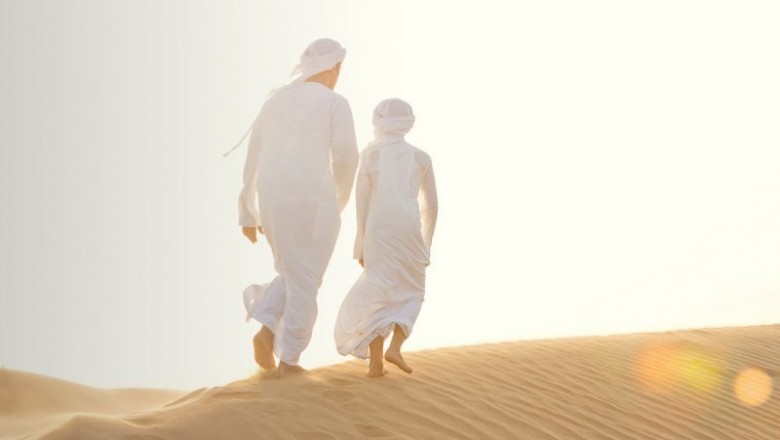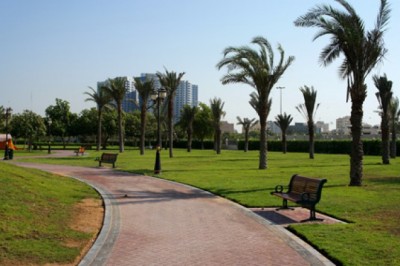
What kind of clothes should I wear in Ajman?
The UAE is one of the region’s most tolerant states, carefully balancing traditional Muslim values with the innate desire to welcome visitors. It’s fine to wear swimwear at the beach or the hotel pool, but visitors are requested to dress modestly in public places like shopping malls and avoid wearing tight or revealing clothes.
Is it OK for couples to hold hands in public?
Public displays of affection are not part of local culture. A married couple holding hands is OK, but kissing and other romantic behaviour is frowned upon and could land you in trouble with the law.
Are there any restrictions regarding photography?
Like many countries, you should avoid taking photographs of military areas, government buildings and strategic sites such as airports and ports. It is polite to ask permission before photographing people, particularly women and families.
When is the weekend in Ajman?
The UAE’s weekend is Friday and Saturday. Friday is the Islamic holy day, when most businesses close. Many shops and tourist attractions have different hours of operation, opening around 2pm after Friday prayer.
As a non-Muslim, can I visit a mosque?
Ajman's Sheikh Zayed Mosque on Al Ittihad Street is perhaps the most prominent of Ajman’s landmarks. The impressive building covers more than 37,000 square metres and accommodates around 2,500 worshippers. Although not open to non-Muslim tourists, it is a stunning building to photograph and admire.
Al Noor Mosque in Sharjah is the closest mosque to Ajman that admits non-Muslim visitors. You can learn about Emirati culture and religion during a free guided tour, which takes place every Monday from 10am to 11am.
Other mosques open to non-Muslims include Jumeriah Mosque in Dubai and Sheik Zayed Grand Mosque in Abu Dhabi.
What is Ramadan and how does it affect me?
During the holy month of Ramadan, Muslims abstain from all food and drink between dawn and dusk.
It is a time for spiritual growth through self-control, patience and self-reflection, so the atmosphere around town is quieter and most restaurants, outside of hotels, are closed during the day.
Ramadan will not really affect you as far as dining out in your hotel, however the food outlets are sometimes screened off. Refraining from eating in public is simply a courtesy extended to fasting Muslims, and most visitors quickly catch on to the rules without a problem.
Modest dress is especially appropriate during Ramadan, so shoulders should be covered for both men and women, and full-length trousers and skirts are appreciated.



















Facebook Conversations
Disqus Conversations